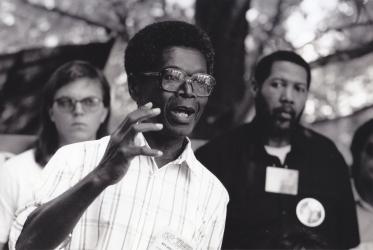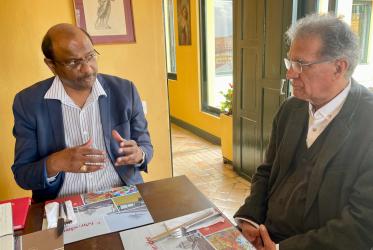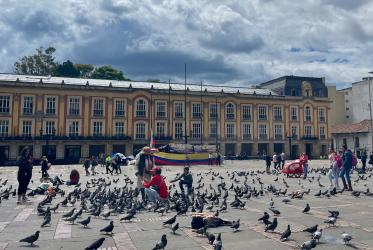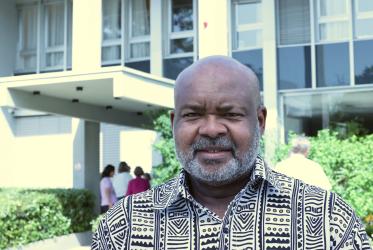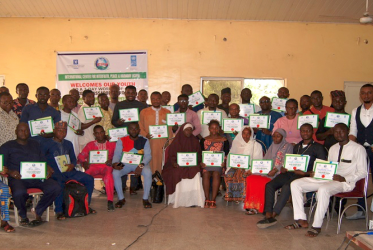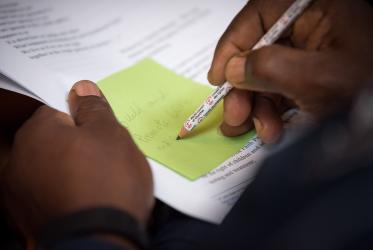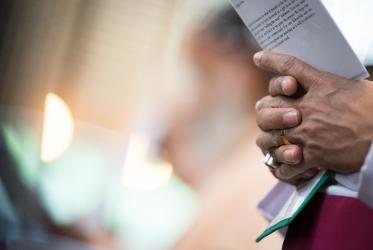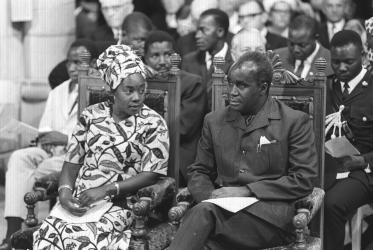Displaying 1 - 20 of 101
As femicide cases rises, Kenyan religious leaders move to act
06 February 2024
WCC backs extension of ceasefire in Colombia
18 January 2024
Bridging gaps and bringing people to the table
23 June 2022
Prayers lift up peaceful elections in Zambia
03 August 2021


